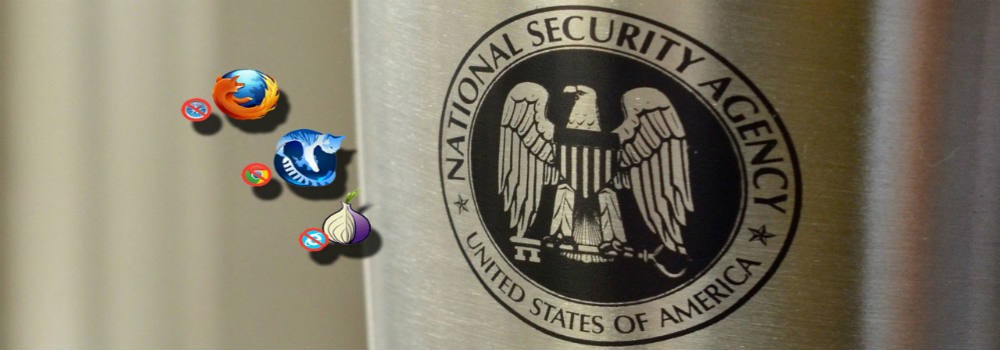Not Everyone on Your Friends List is Your Friend
Tips on protecting yourself from being monitored for your online activities
By: Katie Smith, Staff Writer
The recent NSA scandal is not the first incidence of unwarranted wiretapping that the NSA has been involved in. The House of Representatives reauthorized the Foreign Intelligence Surveillance Act Amendments in 2008, which the US government then used to create PRISM; the program that Edward Snowden leaked. Prior to the creation of PRISM, the NSA was involved in multiple warrantless wiretapping situations from 2001 to 2007. The difference in the scandal uncovered by Edward Snowden, however, is that the government was utilizing PRISM to spy on its own citizens.
While the government is privy to most of your personal information already, there are ways to protect your identity online and in your home from people who wish to cause you more harm. Here are where most people make mistakes:
Foursquare & Other Location-Sharing Apps
First of all, these apps make no sense to me. Why would I want to become the “mayor” of the Starbucks down the street? What do I gain from that besides everyone knowing I’m there far too often? I don’t understand the perverse need of my generation to alert everyone on our “friends” list of our whereabouts at all times.
When you check into a location on these apps, you’re also letting everyone know that you aren’t home, and depending on where you are, you won’t be home for a while. While that isn’t inherently dangerous, think of this: some of those people on your friends list are not your friends. You know exactly the kinds of people I’m talking about, too. That girl from high school who hated you for no reason but went to all of your parties, that girl you hate for no reason but still stalk online from time to time, or even your creepy older neighbor. People who probably do not wish the best for you now know where you are and where you live, especially if you’ve checked in at “HOME!<33” before. Obviously not everyone intends to do you harm, but why give them the ability to do so in the first place?
Facebook privacy is in the same vein as Foursquare, but with the added joy of potential employers, schools, and companies who want to look you up, or get ahold of your Facebook password (probably because they want to get at your sweet collection of cat memes). When I was in high school, it seemed like every week there was a new account that the administration had allegedly created in order to spy on students. This is strange, but not as strange as the fact that people actually added this account without knowing the person. You can have as many privacy settings on Facebook as you like, but, as a police officer told my English class in middle school: If you don’t know them, don’t “friend” them.
Online Banking & Phishing
Banking apps have proved to be one of the most convenient things I decided to use for university. I never wonder about my balance anymore; it’s easier for me to transfer money from my savings to my chequing account, and I can keep track of my purchases. It does, however, make me a bit apprehensive. While my phone has never been lost or stolen, that possibility always exists; especially in dorm buildings and at parties.
“Phishing” is a huge concern with online and mobile banking. Phishers can pose as trusted companies, banks, and even a Nigerian prince, in an attempt to coerce you into releasing your passwords, credit card information, social security number, and other pieces of info that are completely unique to you.































Share the post "Not Everyone on Your Friends List is Your Friend"